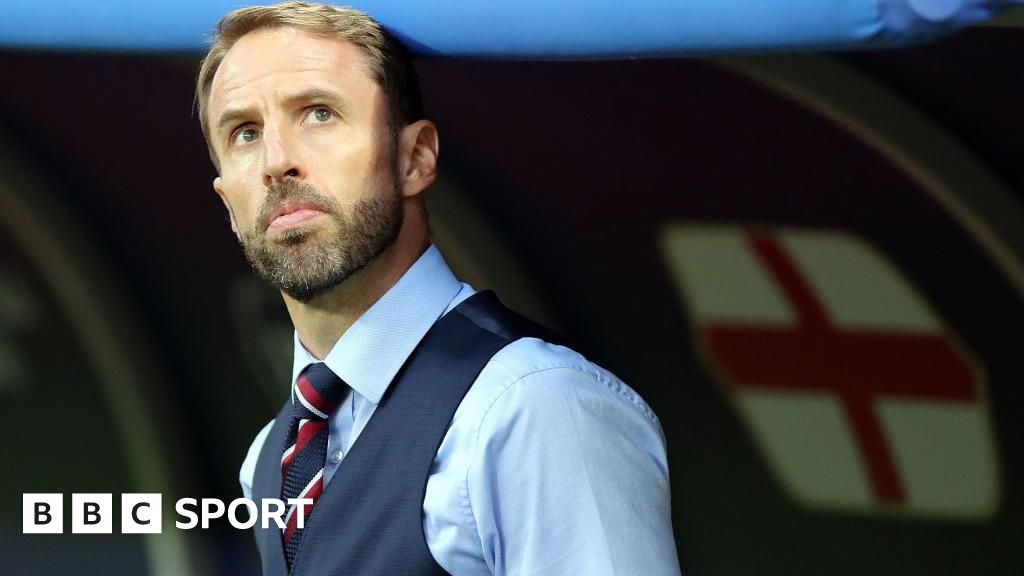Southgate’s peak of popularity arguably came between 2018 and 2021 when he led England to a surprise World Cup semi-final against Croatia in Moscow and then a Euros final against Italy at Wembley – but both were lost from winning positions, the manner of those defeats used as prime examples of the occasional tactical inertia and conservatism that provided a regular backdrop to his regime.
He placed England back to what had become alien territory in the previous decade of the latter stages of major tournaments, but was still treated with scepticism in some quarters. The latest gallant loss to Spain in Berlin’s Olympiastadion means Southgate could not pull off the history-making triumph that would change those minds.
In the wider context, Southgate was a calm, measured personality who achieved the not inconsiderable feat of making a nation fall in love with its football team once more, leading with dignity on and off the field, demonstrating a willingness to tackle thorny subjects away from the playing arena with his measured words on racism and other issues.
The modern England manager must have a wider hinterland than simply football as all issues are now seen as fair game for his views. Southgate possesses it, serving him and the Football Association well when the game’s waves spread beyond the pitch.
Southgate was the subject of a successful West End production Dear England, the title taken from an open letter he wrote to England’s fans before Euro 2020. A post-Germany plot revision of the piece will not have the happy ending writer James Graham hoped for, as Southgate’s England could not deliver the winning storyline against Spain.
The relationship between Southgate and England fans was sometimes uneasy, as seen in those angry scenes against Slovenia, but such is the fickle nature of that volatile union that he was dancing in front of those same supporters receiving raucous acclaim after Switzerland were beaten on penalties.
He was serenaded by supporters during those heady days between 2018 and 2021, then singled out for fierce criticism when the expectations he helped to raise were not fulfilled, such is the precarious existence of England’s manager.
Southgate suffered personal abuse from supporters that made him question his future before and after the Qatar World Cup in 2022.
But the 53-year-old’s time in charge must always be viewed through the prism of what he inherited when England’s former under-21 manager agreed a four-year contract in November 2016.
The FA was in chaos following Sam Allardyce’s one-game reign in succession to the humiliated Roy Hodgson, who presided over the national embarrassment of defeat by Iceland at Euro 2016.
England’s direction of travel was a rapid downhill spiral after the failures of predecessors Capello and Hodgson. Southgate privately distanced himself from succeeding Hodgson before accepting a four-year contract to take over after the turbulent 67 days of Allardyce.
Mature and civilised, Southgate rarely lost his composure and was at ease under the fierce scrutiny accompanying his status, England’s new manager quickly embarking on a period of culture change
Southgate delivered an opening mission statement insisting England had to “get off the island” and learn from elsewhere, particularly the German model of strong connections between the DFB (German football association) and the domestic Bundesliga.

